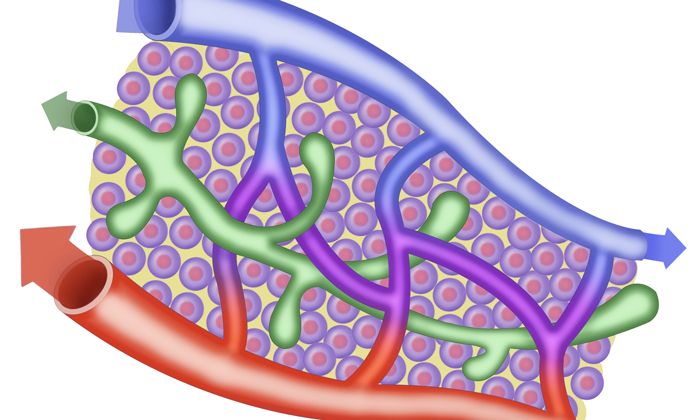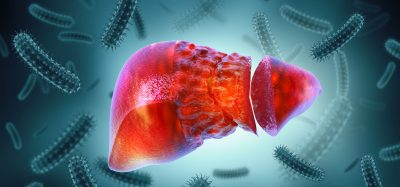Study reveals how MRSA infection compromises lymphatic function
Posted: 18 January 2018 | Drug Target Review | No comments yet
MRSA infection impairs the ability of lymphatic vessels to pump lymphatic fluid to lymph nodes in mouse models, which may contribute to the frequent recurrences of MRSA infection experienced by patients.


This has been discovered by investigators at Massachusetts General Hospital (MGH), and published online in Science Translational Medicine.
Infections of the skin or other soft tissues with the hard-to-treat MRSA (methicillin-resistant Staphylococcus aureus) bacteria appear to permanently compromise the lymphatic system, which is crucial to immune system function.
“We found that MRSA produces toxins that kill the muscle cells critical to the pumping of lymph,” says Timothy Padera, PhD, of the Steele Laboratories for Tumor Biology in the MGH Department of Radiation Oncology, senior author of the report.
“MRSA with a genetic deficiency that lowers the amount of toxin produced does not kill lymphatic muscle cells, which both supports the role for bacterial toxins in the post-MRSA impairment of lymphatic function and may also suggest a possible treatment strategy.”
Serious skin infections called cellulitis are reported in about 14 million U.S. patients annually, as many as 30% caused by MRSA. Serious cases requiring intravenous antibiotics lead to 500,000 hospitalisation each year, and 50,000 of those patients will have recurrent infections that require hospital readmission within a month. Patients with lymphedema – swelling and fluid build-up caused by damage to or blockage of the lymphatic system – are particularly prone to recurrent infections, which can exacerbate existing lymphedema. But until now, no studies have investigated the potential interactions between bacterial infections and lymphatic function.
In contrast to the cardiovascular system, in which blood is propelled through arteries and veins by the pumping of the heart, in the lymphatic system, lymphatic fluid – which carries immune cells and other important factors – is pumped along by the contraction of the lymphatic vessels, driven by lymphatic muscle cells. Experiments in mouse models of MRSA tissue infections – conducted by team members including lead author Dennis Jones, PhD – revealed that the infection itself cleared within 30 days and associated inflammation was gone within 60 days. But the lymphatic vessels in MRSA-infected tissues showed abnormalities – including increased vessel diameter and weaker, less frequent contractions – that were still present 120 days after the induction of infection. Close examination revealed that the number of lymphatic muscle cells surrounding lymphatic vessels was depleted as late as 260 days after infection.
“We had assumed that we would find results similar to our previous measures of impaired lymphatic function in inflammation that was not associated with an infection,” says Padera. “But while lymph pumping was restored after the resolution of sterile inflammation, MRSA-induced impairment persisted long after the infection was resolved and the inflammation had stopped. This persistence long after bacteria have been cleared can be explained by the loss of lymphatic muscle cells.”
Exposure of cultured mouse and human lymphatic or smooth muscle cells to the proteins produced by MRSA led to the death of these cells, and detailed analysis of MRSA-produced proteins identified a significant number of known pathogenic toxins. Since expression of many MRSA toxins is controlled by a genetic element called the accessory gene regulator (agr), the team tested a mutant form of MRSA lacking the agr against several types of cultured cells and in their animal model. The agr-mutant MRSA did not produce the muscle-cell-killing proteins, and lymphatic function – including the strength and frequency of vessel contraction – was significantly better in mice infected with the mutant strain than in animals infected with a non-mutated strain.
“Our results strongly suggest that targeting the action of the agr during and after MRSA infection may preserve lymphatic muscle cells and, as a result, lymphatic function,” says Padera, who is an associate professor of Radiation Oncology at Harvard Medical School. “Now we need to confirm whether MRSA infection leads to impaired lymphatic function in humans and identify the specific MRSA toxins that cause the death of lymphatic muscle cells.”
Related topics
Cell Cultures, Protein
Related conditions
Cellulitis, lymphedema, MRSA
Related organisations
Massachusetts General Hospital (MGH) i
Related people
Dennis Jones, Timothy Padera








